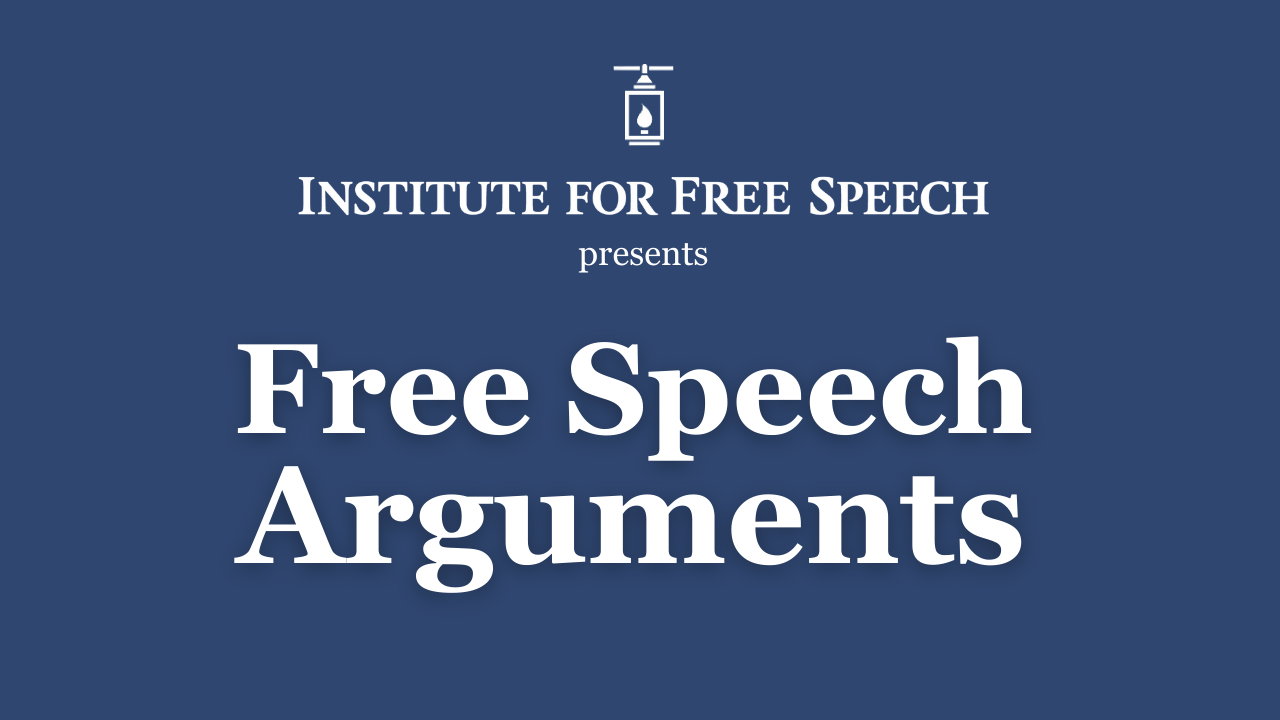Episode 40: Associated Press v. Tayor Budowich, et al.
Associated Press v. Taylor Budowich, et al. argued en banc before the U.S. Court of Appeals for the D.C. Circuit on November 24, 2025. Argued by Yaakov M. Roth, Principal Deputy Attorney General of the United States (on behalf of Taylor Budowich, et al.) and Charles D. Tobin (on behalf of the Associated Press).
Case Background, from the Memorandum and Order of the U.S. District Court for the District of Columbia:
About two months ago, President Donald Trump renamed the Gulf of Mexico the Gulf of America. The Associated Press did not follow suit. For that editorial choice, the White House sharply curtailed the AP’s access to coveted, tightly controlled media events with the President. The AP now sues the White House chief of staff, her communications deputy, and the press secretary (collectively, “the Government”), seeking a preliminary injunction enjoining the Government from excluding it because of its viewpoint.
Today, the Court grants that relief. But this injunction does not limit the various permissible reasons the Government may have for excluding journalists from limited-access events. It does not mandate that all eligible journalists, or indeed any journalists at all, be given access to the President or nonpublic government spaces. It does not prohibit government officials from freely choosing which journalists to sit down with for interviews or which ones’ questions they answer. And it certainly does not prevent senior officials from publicly expressing their own views.
No, the Court simply holds that under the First Amendment, if the Government opens its doors to some journalists—be it to the Oval Office, the East Room, or elsewhere—it cannot then shut those doors to other journalists because of their viewpoints. The Constitution requires no less.
Statement of the Issues, from the Brief for the Plaintiff-Appellee The Associated Press:
Under the First Amendment, the government may not coerce the press and public into using state-preferred language, or punish those who do not comply. The government violated those basic principles when it excluded the AP from the White House press pool and from events open to the White House press corps based solely on the government’s dislike of the term Gulf of Mexico. The White House also took this action without notice to the AP, content-neutral guidelines, or an opportunity for the AP to be heard, violating its Fifth Amendment rights.
The questions presented are: whether the District Court correctly entered a preliminary injunction ordering the government to immediately rescind this access ban, pursuant to the First Amendment; and whether the Fifth Amendment also prevents such targeting in the absence of due process.
Resources:
- Free Speech Arguments Podcast episode on the original panel circuit argument
- Statement of the Issues
- District Court Memorandum and Order
- Court Listener Docket
- Brief for the Appellants
- Brief for the Plaintiff-Appellee The Associated Press
Listen to the argument here:
The Institute for Free Speech promotes and defends the political speech rights to freely speak, assemble, publish, and petition the government guaranteed by the First Amendment. If you’re enjoying the Free Speech Arguments podcast, please subscribe and leave a review on your preferred podcast platform.














